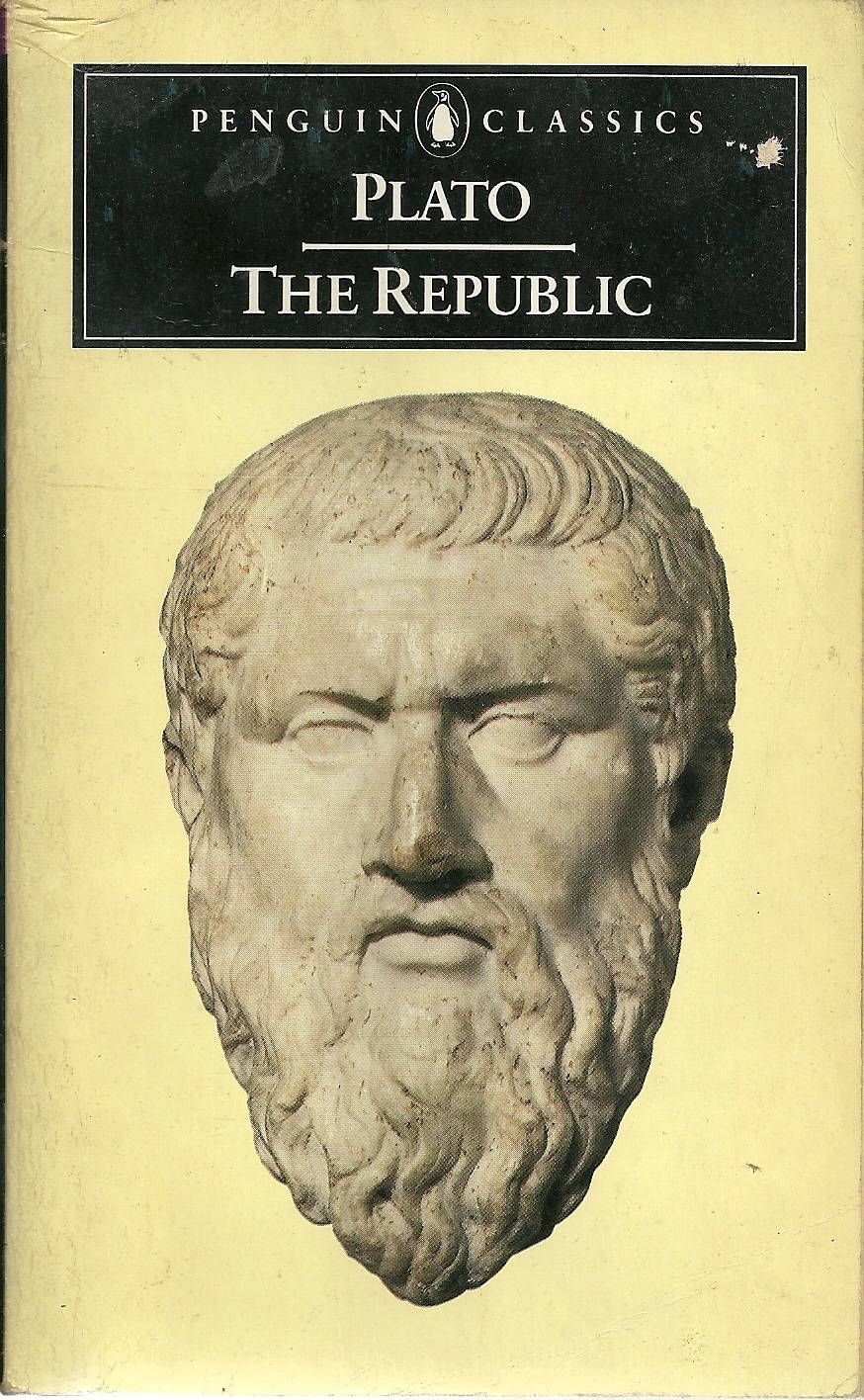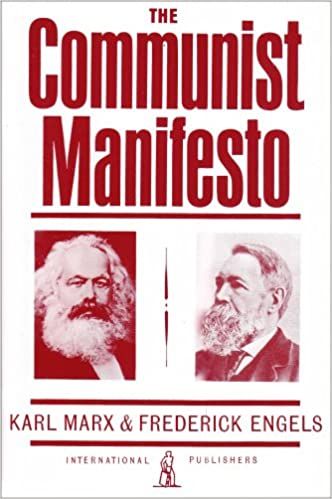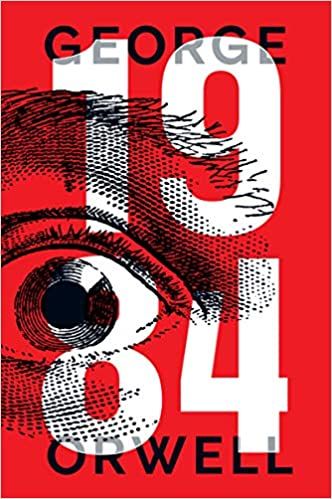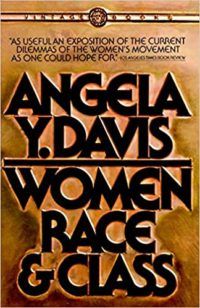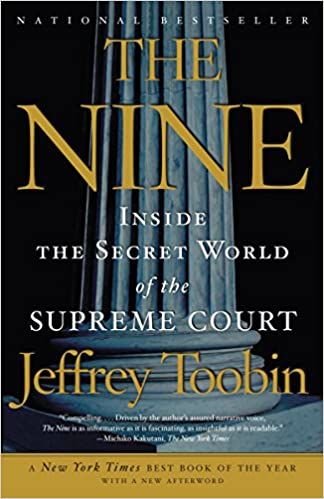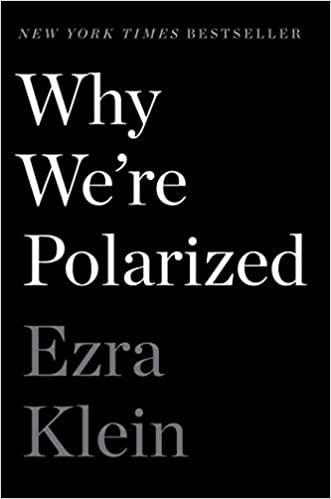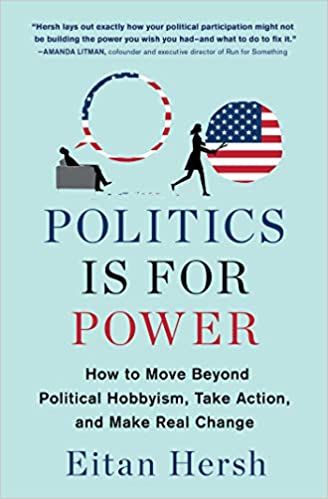While creating a comprehensive list of the best political books would be an incredibly large undertaking, and perhaps impossible, I think this list will be a great starting place for people who want to learn more about political history, and better understand some major political theories and concepts. Like I said, this list, or any other list of political books, is only ever going to be a start. But hopefully this must-read list will help you understand some of the foundational concepts of politics and political issues we face today! Interested in more? Check out these politically-relevant graphic novels, or more books on international politics. Though the Constitution is primarily thought of as a legal document—used to define the branches of the United States government, separate the powers of the federal government and the individual states, and outline the rights of the American people—as a text, it can’t be ignored as a foundational piece of political history and theory. George Orwell, a British writer and democratic socialist, wrote this book as a thinly veiled allegorical response to the 1917 Russian Revolution, and the authoritarian “reign of terror” that followed during Stalinism. Herein, Baldwin writes about protest novels, art in revolution, rent in Harlem, the paternalism of white progressives, his time as a Black expatriate in France, and the dramatic social changes happening in the United States during this time period. Unfortunately, labor and workers issues are still a major issue worldwide today, made even more relevant during the COVID-19 pandemic. The story of Chavez and the movement he led is foundational to understanding today’s workers movements. This book gives people with disabilities a voice and agency; they are not helpless, and their stories are not tragedies. Rather they are activists, fighting against society’s prejudice to demand the rights they are entitled to, just like any other citizen, and winning. The essay goes on to list the 14 defining characteristics of a fascist regime, including, traditionalism, rejection of modernism, appeals to people who feel deprived of social identity, populism, contempt for others, propaganda, and more. The other two essays in this collection also concern issues of freedom and fascism, and given the text was collected in 2020, it provides a very modern context. These essays deal with a range of contemporary political issues, including Coates’s modern case for reparations, the political legacy of Malcom X, and mass incarceration. And these corporations have been remarkably successful. Headway for corporates rights cases was made long before civil or women’s rights, after all. This book is crucial to understanding the origins of the controversial Supreme Court decision Burwell vs. Hobby Lobby, in which the court ruled corporations could be exempt from regulations that its owners’ have religious objection to—a ruling which allowed the owner of Hobby Lobby to deny contraceptive care to their employees despite the Affordable Care Act and set precedent which still impacts us today. The collection also explores the relationship between Indigenous people and the mainstream environmental movement, so it will be of interest to any intersectional environmentalists reading. Its final chapters are a look forward toward what a sustainable and just relationship between Native people and the United States could look like, which is an incredibly important issue of our time that is not centered nearly enough. Klein explores identity politics, which he believes are growing more defined and extreme because of the feedback loops between people and institutions—institutions like the media which are also growing more and more polarized in our modern era. Pick up this book to learn how to put it all into action. It will teach you about lobbying, advocacy, and mobilizing communities and coalitions to make a difference for the causes you care about.



